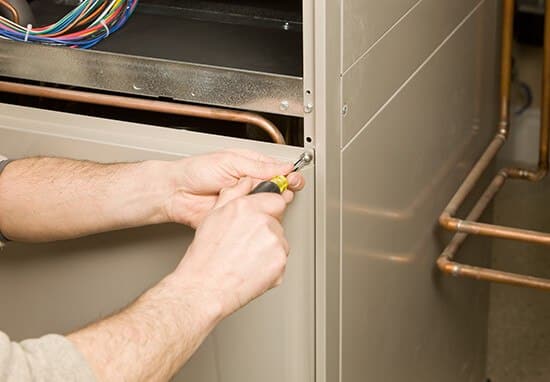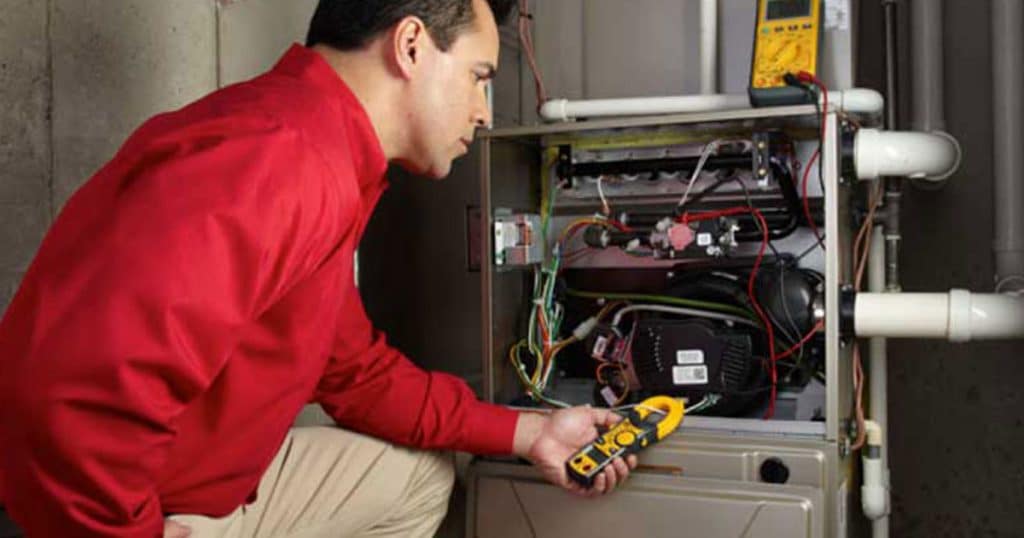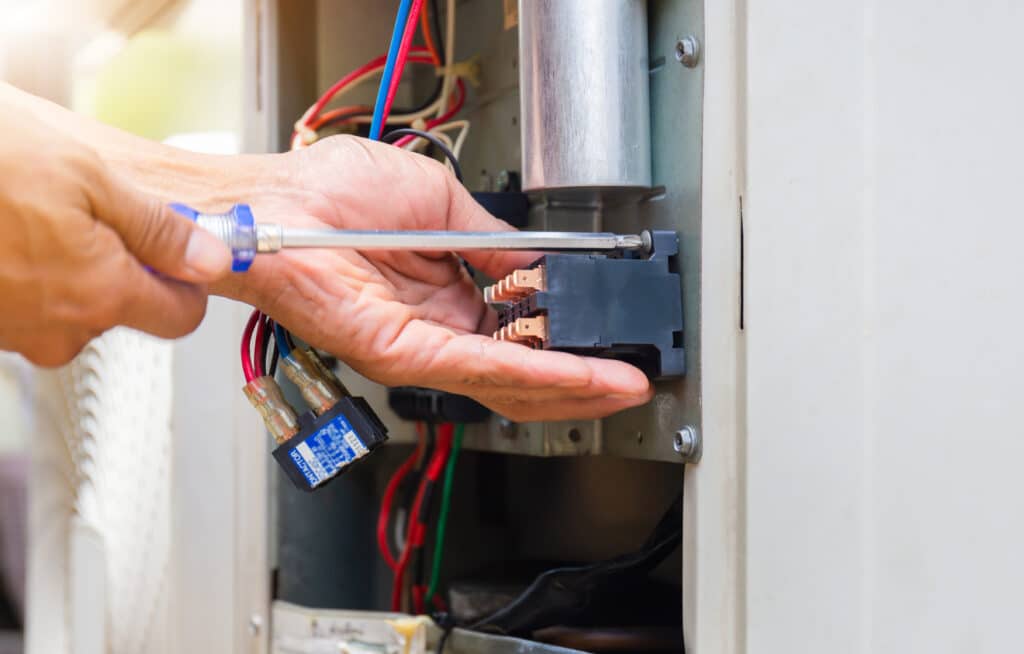In the realm of home maintenance, the furnace often plays a silent yet pivotal role. It diligently keeps our homes warm and cozy during the chilling months. However, amidst its quiet operation, there are times when it starts to make unsettling noises. While it may be tempting to turn a deaf ear to these sounds, ignoring them could lead to potential risks and costly repairs down the line. In this article, we unravel the importance of addressing the noises emanating from your furnace promptly.
Understanding the Types of Noises
Furnaces can produce a variety of sounds, each signaling different underlying issues. Some common noises include banging, whistling, rattling, and screeching. These sounds often indicate problems ranging from loose components to airflow restrictions or even mechanical failures. By paying attention to the type and frequency of these noises, homeowners can gain valuable insights into the health of their furnace.
Banging noises, for example, might suggest that there’s a loose or broken part within the furnace. This could be anything from a loose bolt to a broken motor mount. Whistling or hissing sounds often indicate issues with airflow, potentially caused by clogged filters or ductwork problems. Rattling noises might mean that there are loose screws or panels within the furnace casing. Screeching or squealing noises usually point to issues with moving parts, such as a worn-out belt or motor bearings.
Significance of Timely Action

One of the biggest mistakes homeowners make is ignoring furnace noises in the hopes that they will simply disappear. However, what may start as a minor inconvenience could escalate into a major malfunction if left unattended. For instance, a loose part bouncing around inside the furnace could cause significant damage to other components if not addressed promptly. Additionally, neglecting to address airflow restrictions could result in decreased efficiency, leading to higher energy bills.
Ignoring furnace noises can also impact indoor air quality. A malfunctioning furnace may not effectively filter out contaminants like dust, pollen, and mold spores, leading to poor air quality and potential health issues for occupants, especially those with allergies or respiratory conditions.
Safety Concerns
Beyond the inconvenience and potential damage to the furnace, there are also safety concerns associated with ignoring unusual noises. Furnaces that are making strange sounds may be at risk of overheating, which could pose a fire hazard. Moreover, carbon monoxide leaks, though rare, are a serious threat that can arise from malfunctioning furnaces. Therefore, it is crucial to prioritize the safety of your household by promptly addressing any abnormal sounds coming from your furnace.
Carbon monoxide (CO) is a colorless, odorless gas that can be produced by malfunctioning gas furnaces. Exposure to high levels of CO can result in symptoms such as headaches, dizziness, nausea, and even death. Regular maintenance and prompt repairs can help prevent CO leaks and ensure the safe operation of your furnace.
Preserving Longevity

Regular maintenance is key to prolonging the lifespan of your furnace. By addressing noises early on, homeowners can prevent minor issues from snowballing into major breakdowns that require costly repairs or even premature replacement of the entire unit. Investing in routine inspections and timely repairs not only ensures the efficient operation of your furnace but also saves you money in the long run.
A well-maintained furnace is more energy-efficient, resulting in lower heating bills and reduced environmental impact. Additionally, regular maintenance can help identify and address minor issues before they escalate, minimizing the risk of unexpected breakdowns and costly repairs.
DIY vs. Professional Intervention

While some homeowners may attempt to diagnose and fix furnace noises on their own, it is often advisable to seek professional help. Furnaces are complex systems that require specialized knowledge and tools for proper diagnosis and repair. Attempting DIY fixes without the necessary expertise can lead to further damage or even personal injury. Professional HVAC technicians have the skills and experience to accurately identify the root cause of furnace noises and implement effective solutions, ensuring the safety and functionality of your heating system.
Professional HVAC technicians can also provide preventive maintenance services to keep your furnace running smoothly and efficiently. These services may include cleaning and lubricating moving parts, inspecting and replacing worn-out components, and checking for gas leaks or carbon monoxide emissions.
Conclusion
In the hustle and bustle of daily life, it can be easy to overlook the subtle signs of trouble emanating from our furnaces. However, ignoring these noises is a gamble that could result in safety hazards, costly repairs, and decreased lifespan of the unit. By heeding the warnings and addressing furnace noises promptly, homeowners can safeguard their investment, ensure the comfort and safety of their households, and enjoy uninterrupted warmth during the chilly seasons. Remember, when it comes to furnace noises, silence is not always golden – it could be a precursor to impending trouble. Take action today to keep your furnace running smoothly and efficiently for years to come.






GIPHY App Key not set. Please check settings